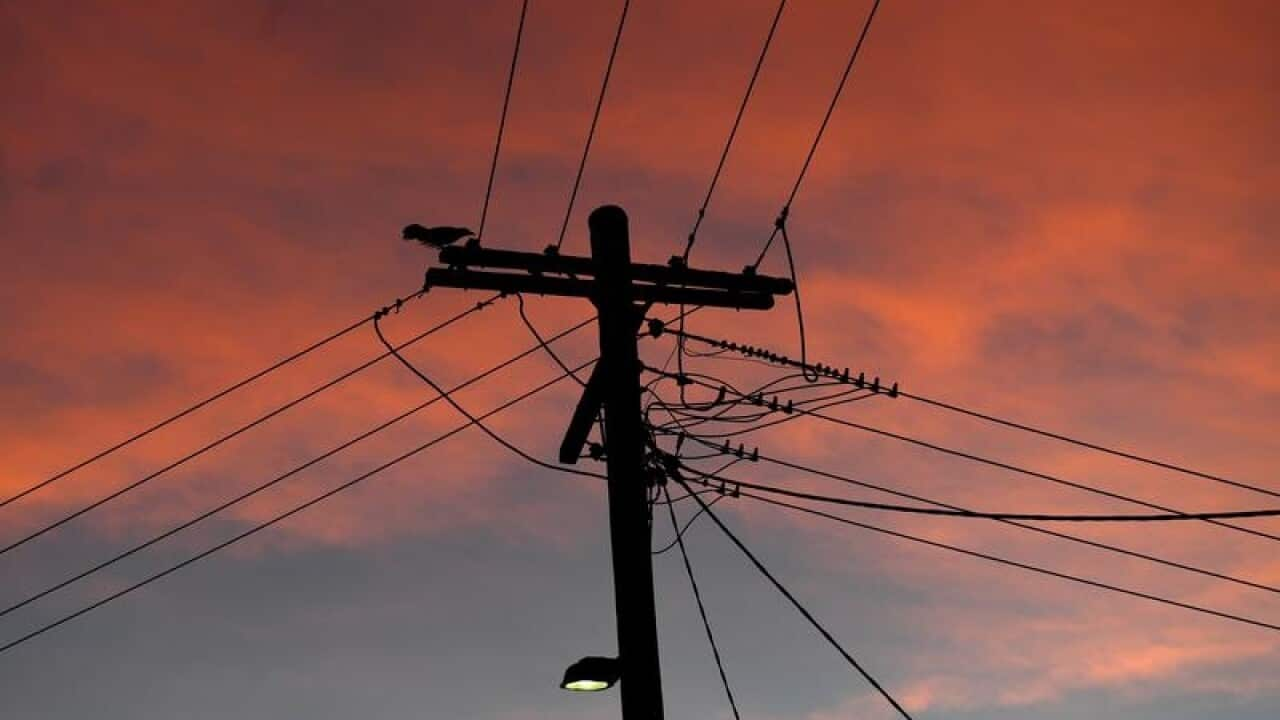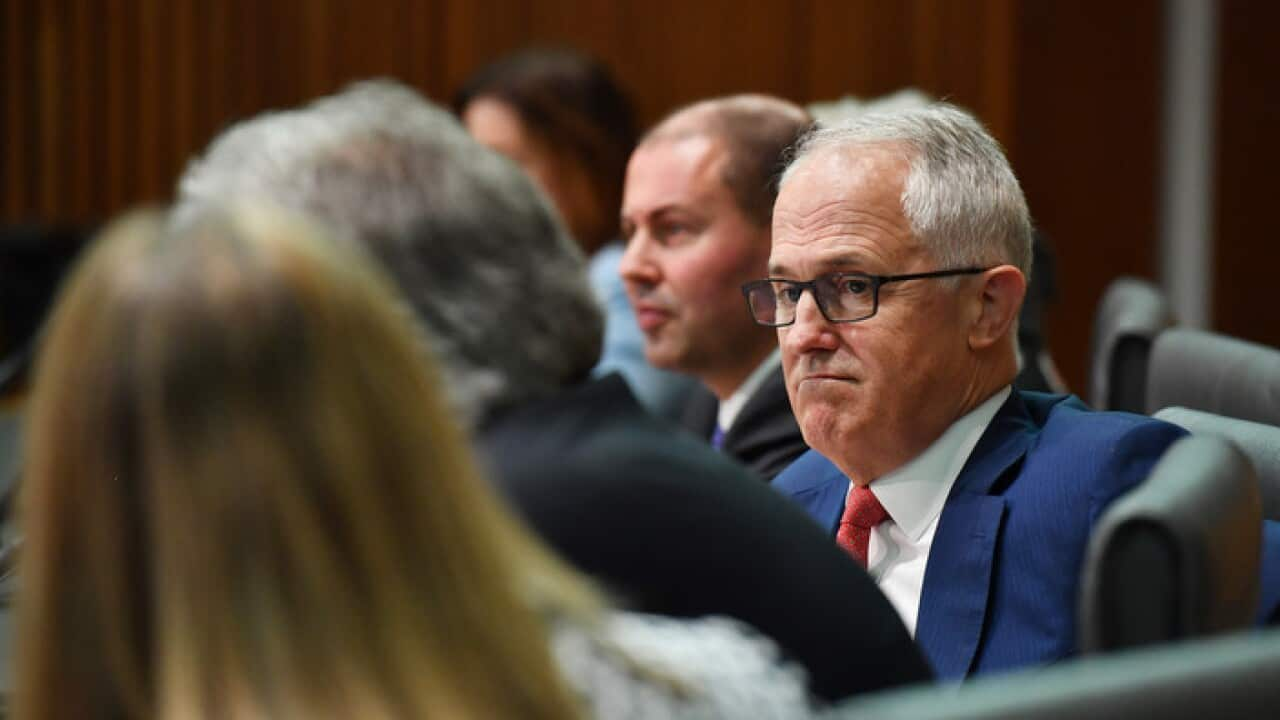Malcolm Turnbull is pressuring Labor state governments to rubber-stamp the Coalition's new energy policy, which will end subsidies for renewable energy and force power companies to keep a reserve of on-demand power from sources like coal, gas, hydro and batteries.
The plan will also include laws that will force electricity retailers to reduce their carbon dioxide emissions, but the amount is yet to be legislated.
Prime Minister Malcolm Turnbull released the plan on Tuesday, ditching the clean energy target proposed by Australia's chief scientist Alan Finkel in favour of the so-called National Energy Guarantee.
Mr Turnbull said it would not be "defensible" for the states to block the plan, given it was based on advice from the independent Energy Security Board, which the states helped set up.
"I think Australians want this issue dealt with," Mr Turnbull said on Wednesday morning.
Energy minister Josh Frydenberg spoke with the states in a phone hook-up he described as "productive" on Tuesday night.
But South Australian Premier Jay Weatherill, who is driving a shift to renewable energy under his Labor government, said the dispatchable power guarantee was basically a subsidy for coal.
"The Prime Minister is powerless, the Prime Minister is impotent," Mr Weatherill said, quoted in the Fairfax papers. "This is a complete victory for the coal industry."
Daniel Andrews, the Labor premier in Victoria, acccused Mr Turnbull of dropping the clean energy target under pressure from Tony Abbott.
"The fact that he's prepared to let Tony Abbott junk Alan Finkel's work, it's unspeakable, it's appalling," he said.
And federal Labor leader Bill Shorten is also critical of the plan - although he has not ruled out supporting it.
Federal Treasurer Scott Morrison said it was "very possible" new coal plants could be built under the policy.
The government estimates the plan will deliver household power bill cuts of up to $115 a year by 2020-30.
The reliability guarantee level will be set by the Australian Energy Market Commission and Australian Energy Market Operator, and penalties for retailers missing the guarantee have yet to be determined.
The emissions guarantee will be enforced by the Australian Energy Regulator.
Mr Turnbull described it as a "game-changing step", while Chief Scientist Alan Finkel said it was in line with what he recommended and would put downward pressure on prices.
However, Labor says the policy could deliver as little as a 50 cent per week saving from 2020 and there was not enough detail for the opposition or industry to properly consider it.
Labor spokesman Mark Butler says the government should be more ambitious in seeking 50 per cent of production from renewables by 2030.
The government will need parliamentary support to legislate a target for the electricity sector of a 26 per cent reduction in emissions on 2005 levels by 2030.
It will also need the backing of the state energy ministers who will meet in November.
Origin Energy chief Frank Calabria said based on initial information the policy had the "potential" to provide greater certainty for investors.
Australian Solar Council chief John Grimes said his organisation would be launching a political campaign highlighting cuts to clean energy jobs.
He said the laws forcing power companies to keep a level of dispatchable power would essentially lock in coal and gas, as hydropower and batteries for renewables are expensive and take many years to build. Josh Frydenberg, the energy minister, rejected that analysis. He said the price of battery technology was going down all the time.
Related reading

Power prices may not fall with clean energy target: ACCC


